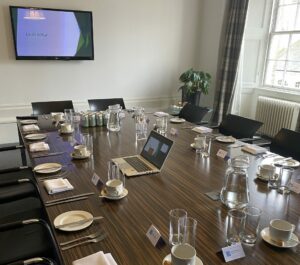Rutherford Cross’ Gillian O’Neil discusses the latest read from the Rutherford Cross Book Club, and shares her top three self-development reads.
At Rutherford Cross we have recently started a book club, available to all employees at the Livingston James Group. The idea is for everyone involved to agree on a book to read over the quarter and then at the end of the quarter we meet up to discuss.
Outside of work, I have always enjoyed reading and listening to podcasts, particularly those that I feel I can take away something from and apply to help better my physical and/or mental well-being.
Over the years, I think reading various self-development books has helped improve me as a person and even changed the way that I view certain things for the better. Therefore, I was pretty excited to become part of our newly founded book club.
The First RC Book Club Selection
Our first read agreed on by the book club members was ‘The Power of Habit’ by Charles Duhuigg. This book has been a long-time favourite of mine. It looks into the science of how habits work and in which part of the brain they are formed.
By being able to understand this, it is apparent that habits form a significant part in your everyday life. While some habits have a positive effect, other habits have a negative effect. Therefore, ensuring that we form good habits will have a massive impact on our lives and the things we wish to achieve.
Changing bad habits or forming new ones can be done by learning how to master your ‘Habit Loop’, which the book breaks down into the three stages and provides action points on how to do this.
The book is a very interesting read, as well as providing action points, it continues to reference back to studies throughout and it also discusses real-life scenarios. For example, how certain companies install habits in customers to sell more products.
To put it simply, if you want to get fitter, eat better, read more, save more etc. you need to understand the mechanics in play and the science behind how habits work. Reading this book can help you understand that and break down the steps for changing your habits into more positive ones.
My Top Self-Development Reads
-
Chimp Paradox by Professor Steve Peters
This book dives into the psychological mind and breaks it down into two primary ways of thinking referring to them as ‘the Chimp’ (the emotional and impulsive side of the brain) and ‘the Human’ (the rational, analytic part of the brain).
Peters describes how these two parts can often conflict and provides strategies on how to control your Chimp brain and how to develop your Human brain. For anyone interested in the workings of the mind, there is a lot of science in this book. However, it has been made very simple to read and has some profound learnings which I would recommend to anyone looking to improve their way of thinking and take better control of their emotions.
-
How to Be Brilliant by Michael Heppell
For those who enjoy not only reading about, but also actioning self-development, this book demands a bit of participation.
The author of this book vibrates with energy and positivity as he outlines a personal development regime for achieving steps on ‘how to be brilliant’. There are some great exercises to do, the author will get you writing down lists, thinking about questions asked and even provides a full checklist to be completed at the end of the book.
In some ways the book is more of a mini-coaching course than a good read, although it really is both. If you are looking for an engaging read that will leave you feeling good about yourself, this one is for you!
-
Happy Mind, Happy Life by Dr Rangan Chatterjee
Dr Chatterjee has always been one of my favourite podcast hosts, therefore I was delighted when he released his new book earlier this year. This book is an easy read, and very down-to-earth with interesting scientific insights, case studies and practical tips.
Dr Chatterjee advises that happiness should be a daily habit that we practice, just like physical exercise. He reflects on three legs of core happiness – control, alignment, and contentment. Although a lot of his messages are simple, this book really does give you a lot of ‘food for thought’.
Above are just a handful of my favourites, but for the sake of not writing a novel myself, I’ll not write about them all. The above books I have selected as they focus on mindset and positivity.
I have been able to take away something different from each of them and I hope that if you do read any of them, you enjoy them as much as I did. I truly believe that reading self-development books can help improve you as a person, in life and in business. In my previous career, within the health and fitness industry, reading allowed me to not only expand my knowledge in this area but also massively helped build on my people-skills and self-confidence.
Please do feel free to get in touch if you would like any other recommendations, particularly those around mindset, health, fitness, and nutrition, or even if you have any recommendations for me – I would love to hear them.
Get in touch with Gillian at [email protected]







